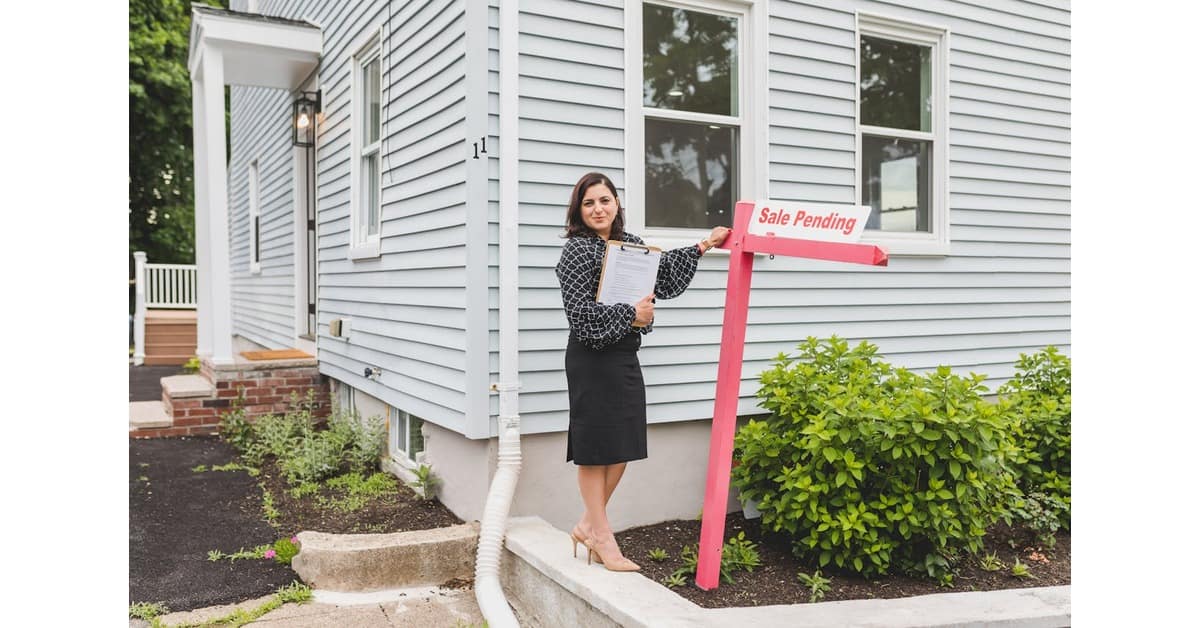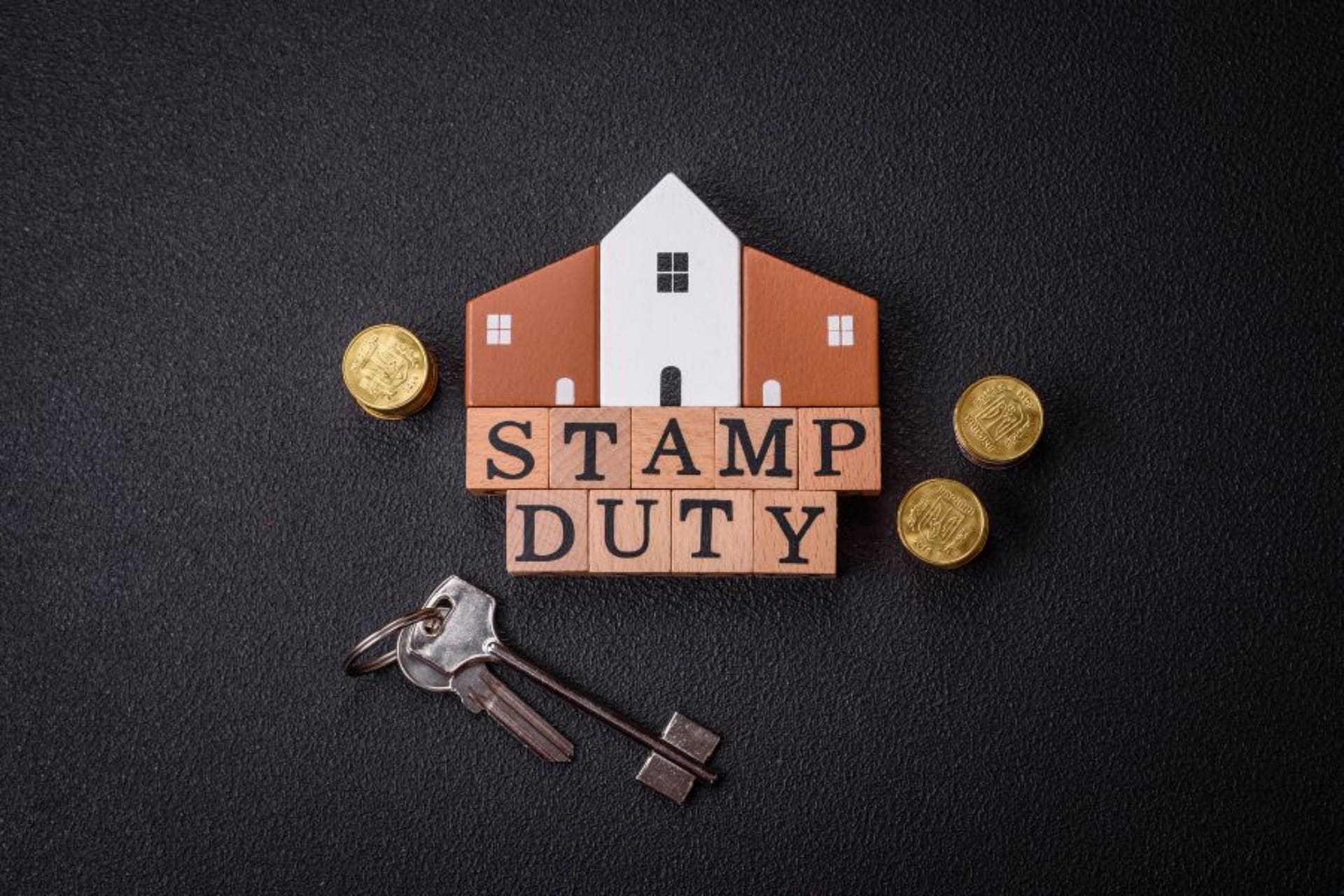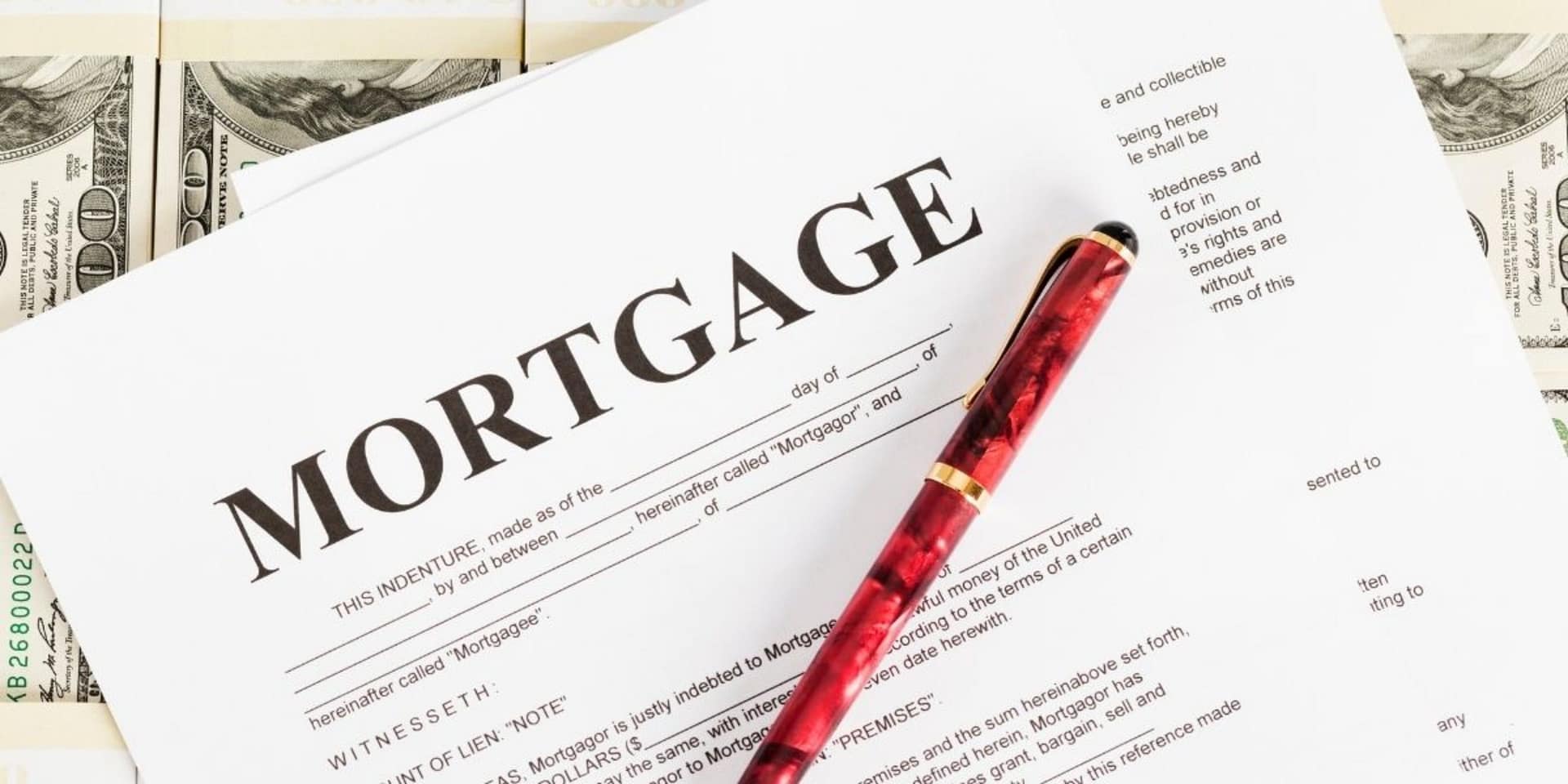The Goods and Services Tax (GST) is a 10% tax levied on most goods and services in Australia. However, when it comes to property sales, the application of GST isn’t always straightforward. Let’s unravel the details to understand how GST might factor into your property transaction.
Table of Contents
ToggleExisting Homes
In most cases, the sale of an established residential property is exempt from GST. This encompasses houses, units, and apartments that have been previously lived in or occupied. The rationale behind this exemption is that these properties are not considered “new” supplies for GST purposes. As such, sellers and buyers can usually exclude GST from their transaction calculations.
Also read: Can My Parents Sell Me Their House Below Market Value
New Residential Property
Unlike established residential properties, the sale of a new residential property is generally subject to GST. A “new residential property” is one that has never been sold as a residential dwelling, has been created through substantial renovations, or has been built to replace demolished premises. The seller is typically responsible for remitting the GST to the Australian Taxation Office (ATO), but the cost is usually passed on to the buyer as part of the purchase price.
Commercial Property and Vacant Land
The sale of commercial property (e.g., offices, shops, warehouses) and vacant land is always subject to GST, regardless of whether the seller is a business or an individual. If the seller is registered for GST, they must include GST in the sale price and remit it to the ATO. If the seller is not registered for GST, the buyer may be required to pay the GST directly to the ATO under the reverse charge mechanism.
Also read: Explore Options: House and Land Package or Buy Separately?
GST Implications for Sellers
If you are a GST-registered entity selling commercial property, new residential property, or vacant land, you’ll need to include GST in the sale price. You’ll then remit this GST amount to the Australian Taxation Office (ATO) as part of your regular Business Activity Statement (BAS). However, you may be able to claim input tax credits for the GST included in the expenses you incurred to acquire or improve the property, effectively reducing your GST liability.
Also read: Selling Commercial Property Not Registered for GST
GST Implications for Buyers
For buyers of commercial property, new residential property, or vacant land, the GST is typically included in the purchase price. However, if you’re a registered entity and you intend to use the property for business purposes, you may be able to claim an input tax credit for the GST included in the purchase price, effectively reducing your overall cost.
Margin Scheme
In certain circumstances, a seller may opt to use the “margin scheme” when selling property. Under this scheme, GST is only calculated on the profit margin, rather than the full sale price. This can be advantageous for sellers, as it reduces their GST liability. However, certain conditions must be met for the margin scheme to apply, and buyers under the margin scheme cannot claim input tax credits for the GST included in the purchase price.
GST on Property Sales with CJC Law
Understanding GST’s impact on property sales can save you from unexpected costs or missed opportunities. Whether you’re buying or selling residential, commercial, or vacant land, we can help you navigate the intricacies of GST.
Don’t let GST uncertainty cloud your property dealings. Contact CJC Law today for a confidential consultation and let us help you make informed decisions about your property transaction.




